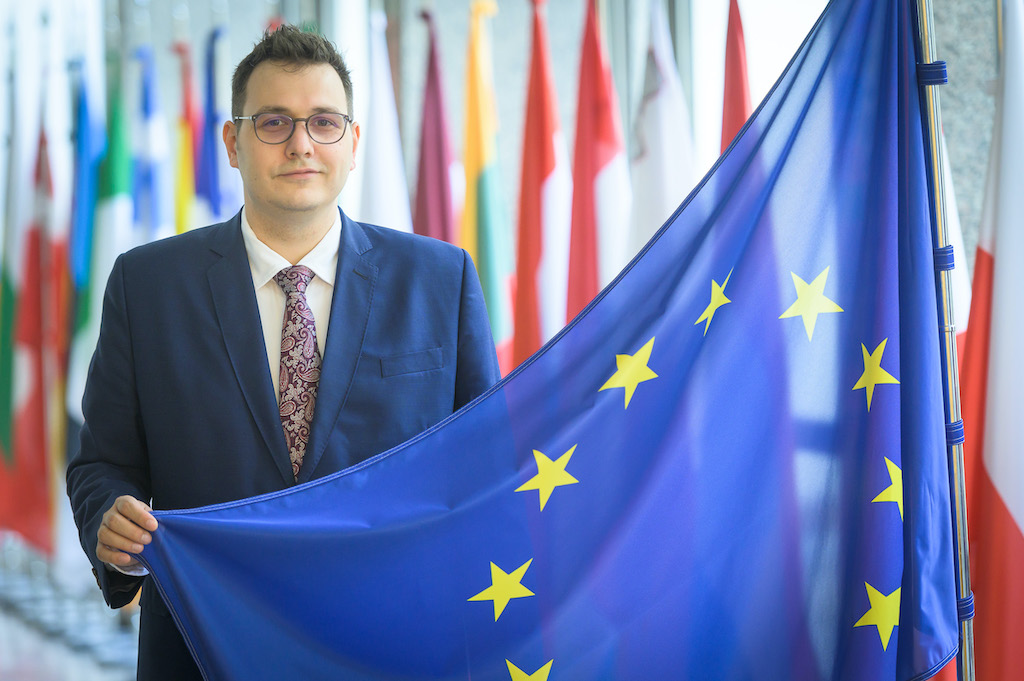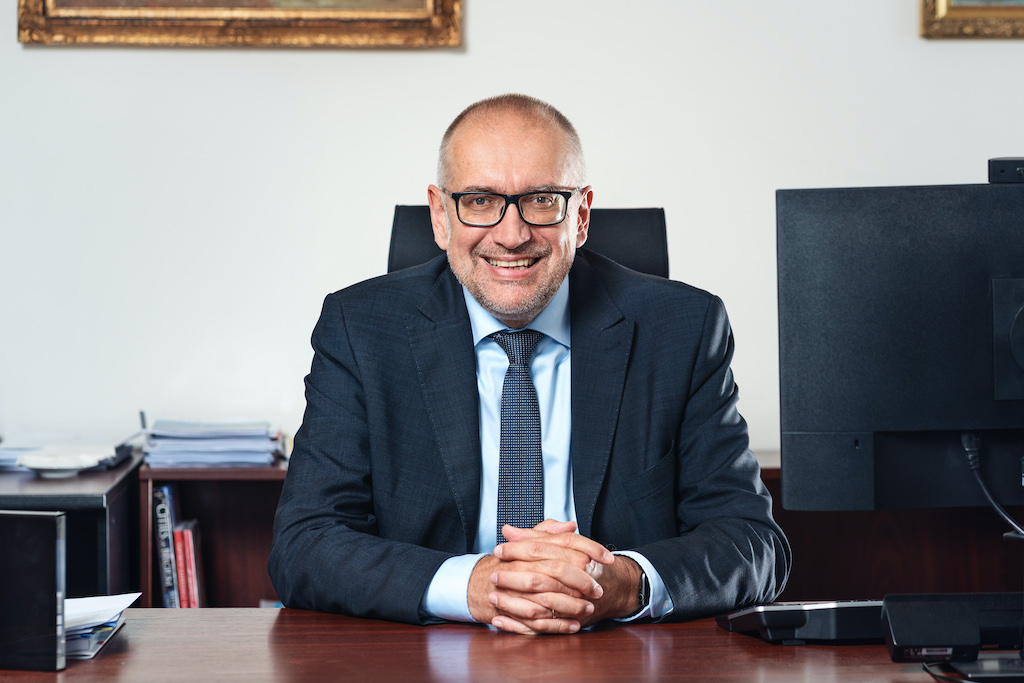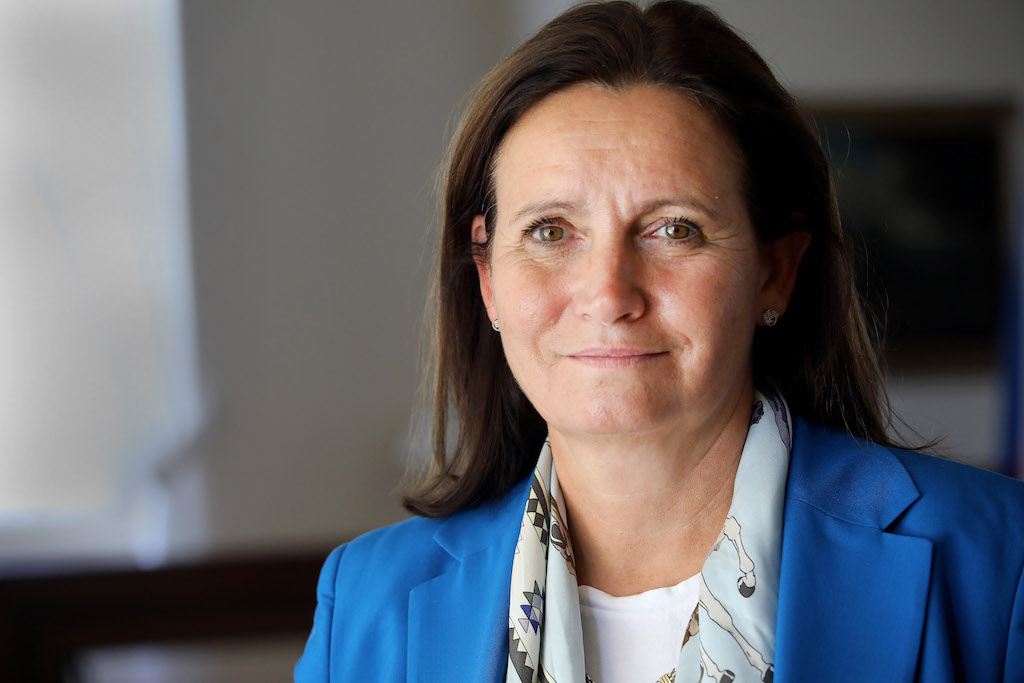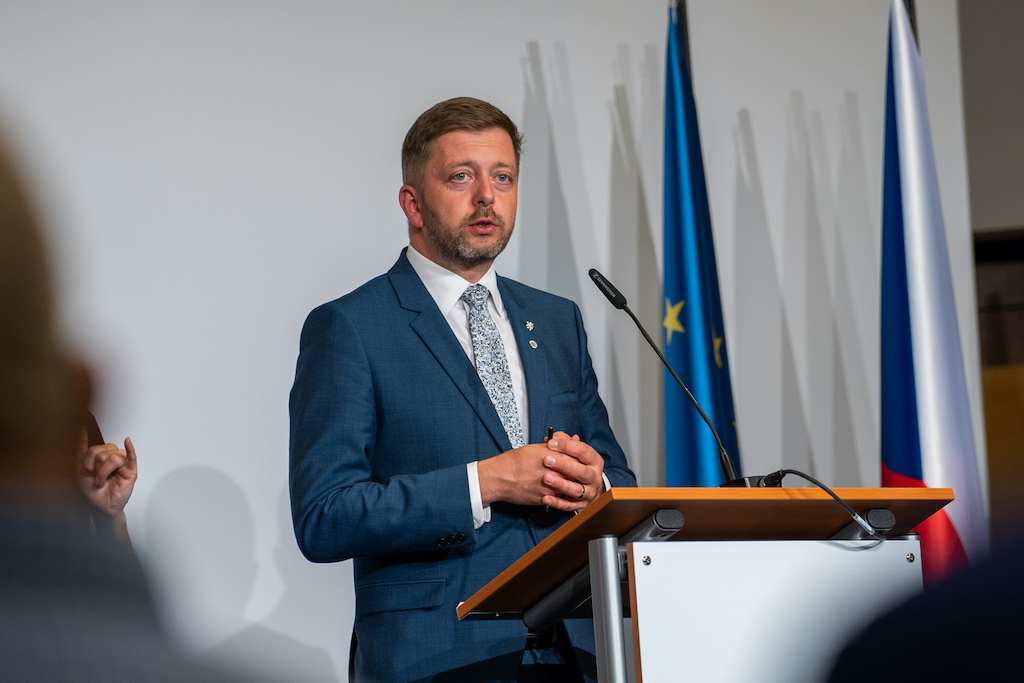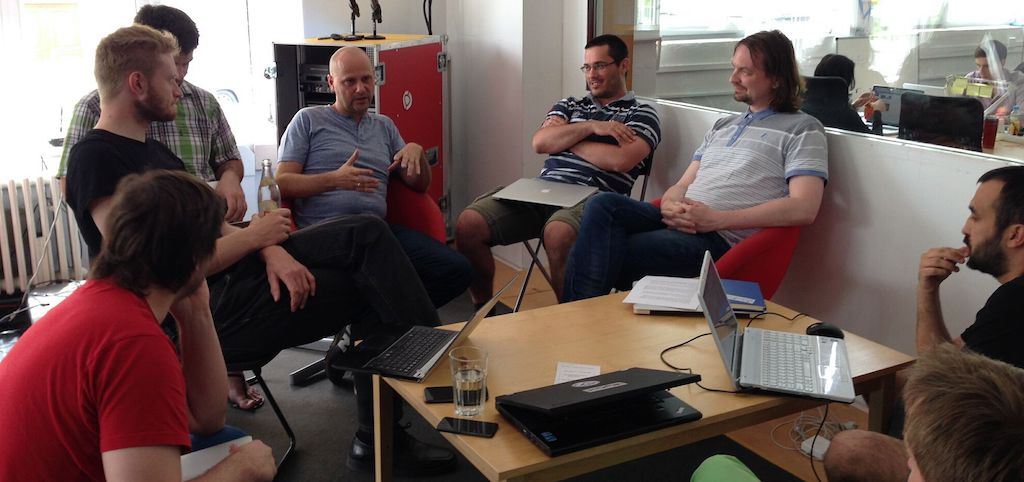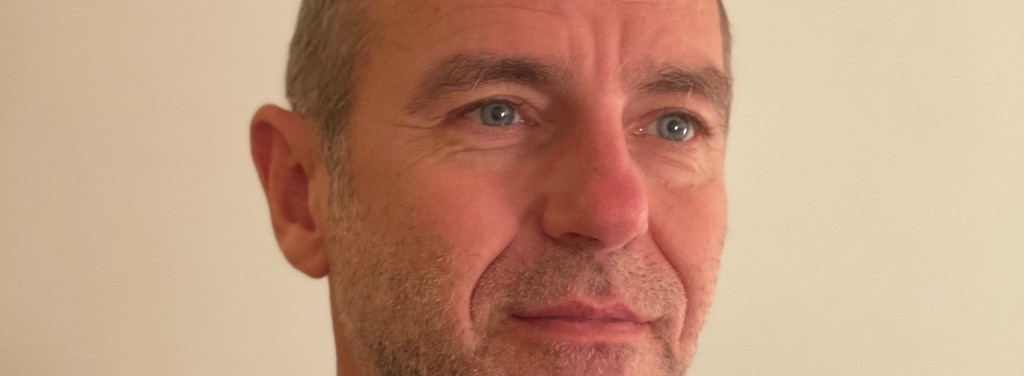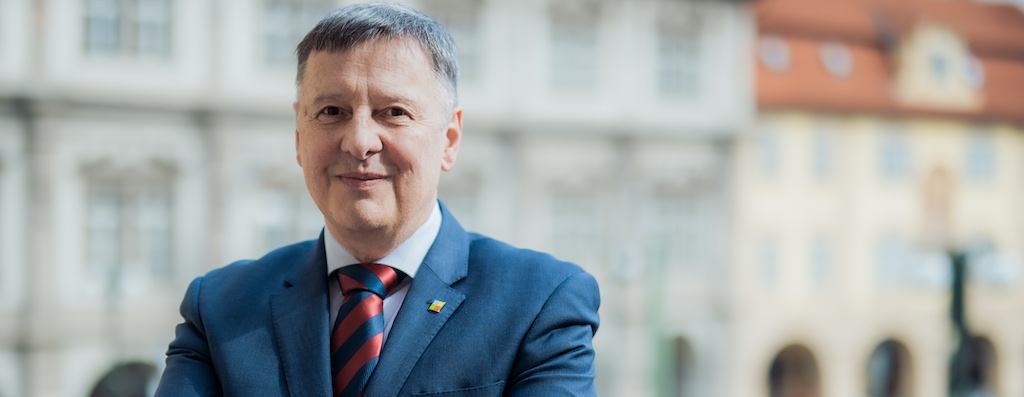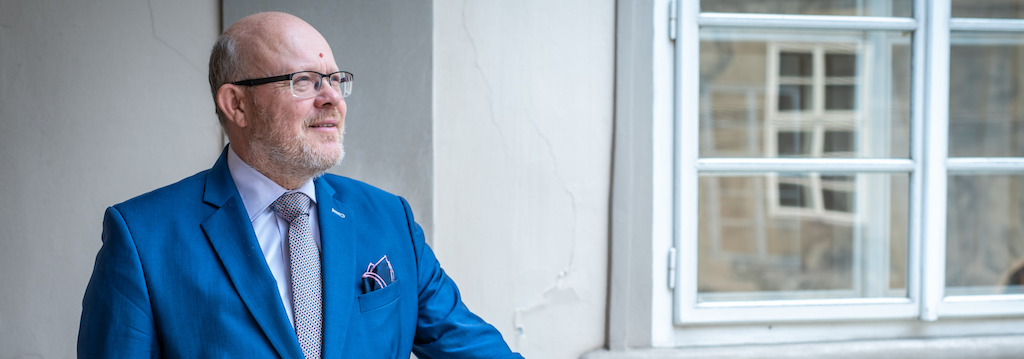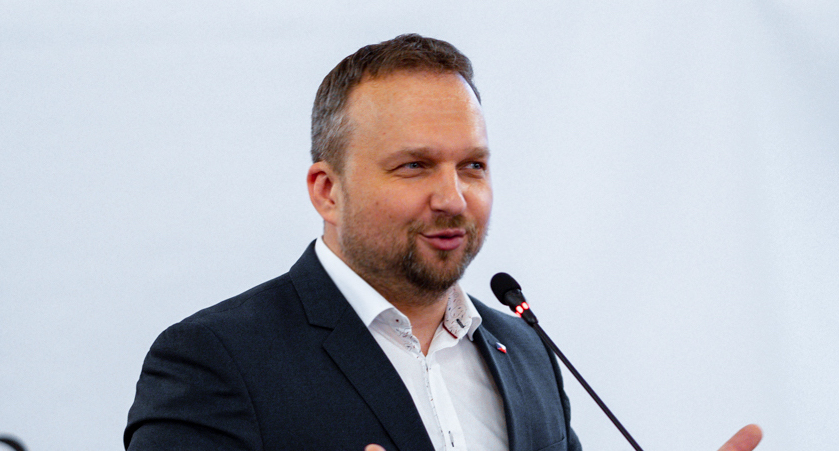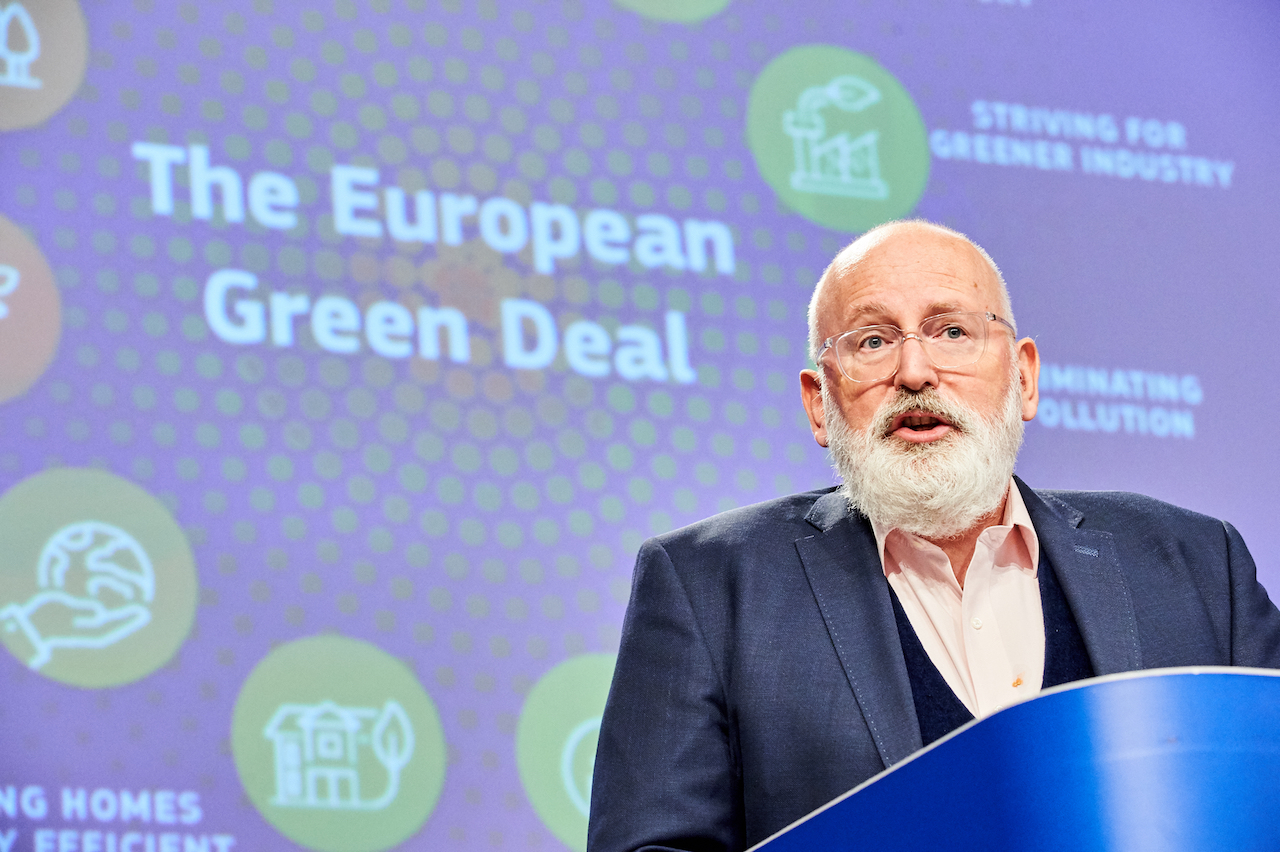
Ten months ago, we presented the European Green Deal. A transformative agenda to combine policies to tackle climate change, to reverse biodiversity loss, and eliminate pollution by moving to a circular economy.
But it is more than that.
The Green Deal is Europe’s new growth strategy. A strategy where environmental, economic and social sustainability go hand-in-hand. Because for too long, they didn’t go hand in hand. For too long, different policies to boost sustainability had been uncoordinated or worse: at odds with each other. After working on this for quite some time now my main conclusion is that the green deal will be social or it will not happen.
That is why we are trying to bring it all together.
When we first presented the Green Deal, we seemed to be in a good position.
The financial crisis had faded into the past. Fears about the economic pillars of our Union – our single market, our common currency – had receded into the background. And macroeconomic numbers had turned positive again. We had the highest levels of employment in European history.
But you just had to scratch the surface to discover what still lingered below.
An untenable economic model relying on the ever-increasing use of a dwindling set of resources. Social injustices created by previous crises. Failure to distribute the benefits of our growth fairly. Insecurities due to disruptive technological change. And existential challenges posed by climate change.
Just below the surface, an undertow of fear, loss, disruption, and even outright decline has been swelling. It is a toxic cocktail that permeates our societies and our politics at all levels. Left unchallenged, such an undertow could become a tidal wave, ready to swallow all. And I have to say in some places, this has already begun.
From the outset, the overriding priority of this Commission has been to help navigate our continent and everyone living on it through these tumultuous times. To respond to the calls for change coming from our voters, our businesses, our scientists, our children.
The European Green Deal was a big part of the solution. It was an effort to provide certainty amidst all the turbulence. To dare to re-imagine our future. The Green Deal was our claim to a different destiny: a more inclusive, greener, and overall stronger society.
It still is.
As I said, we are now ten months into the Green Deal. We are putting our political commitment to climate neutrality in to law. We are setting out how we will build our new future, whether it regards energy, industry, farming, food, or biodiversity. And soon, very soon, we will propose a new emissions reduction target for 2030.
We will raise our ambition and will support it with the necessary policy actions and legal changes. This autumn, we will share our proposals on how to trigger a renovation wave across Europe, to improve energy efficiency and ensure green jobs close to home. Our upcoming offshore energy strategy will help create required increase in renewable energy.
By June next year, we will also propose revisions to our legal framework for climate and energy our enhanced ambitions, covering everything from the Emissions Trading System to new CO2 emissions standards for cars and vans. And we will proceed with the carbon border adjustment mechanism so we can uphold the promise made in Paris without having to pay undue economic costs if international partners do not show enough ambition. If they simply do not do what they promised to do in Paris and if we have to protect our citizens and industries from inaction by others, we will certainly do that.
They are all measures we had planned from the beginning. But, to use a massive understatement, 2020 has not been what we were planning for.
Ten months ago, who was expecting the global health crisis that burst onto the scene a mere three months later? A crisis of such proportions that our immediate priorities had to change overnight as we reacted to the virus and its effects on our economies?
We put out the Green Deal to change the direction of growth in the long term but the virus turned growth negative in the shortest of terms.
We proposed the Climate Law to give European industries and investors predictability but the virus enveloped them in the thickest of fogs.
We set a course to make Europe the first climate-neutral continent but the virus has thrown the world as we knew it off course.
It would have been easy and maybe even understandable to just drop everything on the spot, throw our green ambitions out the window. For who has time to think about what the planet needs ten years from now, when loved ones are ill or when you have to worry if you’ll still have a job next week? People’s priorities have changed.
As uncertainty grows, so does the pressure on governments to provide quick fixes.
Yet, here we are, not just maintaining our ambitions, but doubling down on the Green Deal. It was our growth strategy, and now it is also our roadmap out of this crisis, a lifeline to a better future.
We are in a very different place today from where we were and from where we expected to be, but the simple fact is thatthe Green Deal made sense then, and it makes even more sense now.
I would like to provide you with three reasons why.
First, the climate and environmental crisis is still very much upon us. While we fight the health and economic crises that have taken over our daily lives, we cannot forget that the climate crisis already has one foot in the door. The cost of climate action may seem high, but it is dwarfed by the cost of inaction. It makes sense to avoid that bill and improve our lives in the meantime. We can do both.
Second, the European Union will be spending 1,8 trillion to help reboot the economy. An unprecedented amount of resources that will be used in unprecedented ways. European leaders agreed last July that 30% should be spent in support of our climate objectives. That’s a huge step. It makes sense but it is still a huge step.
There’s no going back to business as usual. Even the strictest penny pinchers will admit that by now. It’s just bad economics. Why spend money to keep things as they are, when you know you’ll require money again to change them in the near future? It think this has also become part and parcel of the thinking of the financial world in the past couple of months. It would be wasteful and even irresponsible, as new money might no longer be available in a world burdened with post-Covid debt. And we would have billions and billions of stranded assets.
The money we use now is money borrowed from next generations. Spending it on their future, instead of our past, is a moral imperative and a matter of economic good sense. We have no choice. We have to borrow and spend that money now, but I want us to do it in a way that makes us responsible in the eyes of our children, that makes us accountable to them in terms of what we achieve with this money.
Finally, to overcome the Covid-crisis, we need expansionary macroeconomic policies. Green Deal investment will offer a double dividend. The investments needed for the transition are the same kind of investments that are needed for the recovery. So why choose one if you can have both?
Several of them are easy to get going and will have a high impact on employment and the rest of the economy: think of energy efficiency renovation in buildings. Others offer strong prospects for current and future global industrial leadership, like offshore energy and the hydrogen economy.
Of course, money will be spent on the immediate priorities of the crisis as well.
But we must avoid, the trap we fell into after the financial crisis. Yes, we absolutely have to protect incomes and jobs. And yes, we absolutely have to make sure the current crises do not permanently widen injustices within our societies.
But what we absolutely should not do is equate income and job protection with the blind preservation of sources of income and employment that we know have no future. Then you are wasting money and people’s time.
And we cannot win our fight for greater fairness, for a just transition, if we defend an economic model that delivered growing inequality on the back of an dwindling set of resources.
Nor can we get to a fairer world if we hit ‘pause’ and let climate change run its course. We see the effects on a daily basis already and we’ve also seen them this summer.
The climate transition of course has distributional effects that we need to keep a watchful eye on when we design our policies. But we cannot forget that the greatest number of losers would come from unchecked climate change, raining its misery on the least resourced countries and the poorest of our people.
Let me now conclude by addressing the two most common objections to our green deal agenda in times of COVID.
One is that the massive mobilization of public funds for the recovery and transition has indeed never been seen before – and will never be seen again. That it is not a sustainable model. And that ultimately, we will again face one of the fundamental challenges of the Green Deal: how to ensure enough private funds are mobilised for the transformation of our economy.
I understand that criticism. But we need a structural shift, and it can only happen if private financial flows are redirected towards green assets and sustainable business models. This is a matter of redistribution. Like in any industrial revolution, in any tectonic change in human history, at the end of the day the matter of redistribution will be on the table. In democracies that have the pretence to act for the common good, the largest possible definition of the common good, redistribution on the basis of solidarity becomes an imperative. This needs to happen now as well.
Finance used to be the problem. But in the 2020 crises, finance can help us find the solution. If it takes steps to move away from “brown” investment.
It is why our Sustainable Finance agenda, spearheaded by Valdis Dombrovskis, is such an important part of the Green Deal. It boosts the durable mobilization of private funds in support of our transition to climate neutrality.
Our top priority in the agenda has been to end “greenwashing”. Thanks to the EU Taxonomy, by the end of the year, we will – for the first time – have clear criteria that determine which economic activities truly help achieve our climate goals.
Savers will be directly asked for their sustainability preferences. This means that everyone with a bank account can directly drive change. And I am convinced that more and more Europeans will want their money to contribute to building a better future.
And this takes me to the second common objection to our agenda. Because some will say ‘sure, continue with your plans, but this is not the time for more ambition.’
I tell them, it is exactly the time for more ambition.
As you know, the Commission will present a new greenhouse gas emission reduction target for 2030 in the coming weeks. For obvious reasons, I cannot yet provide too many details. Nevertheless, if one thing stands out from the underlying assessment, it is that an increased target in the range of 50 to 55% is doable, and that it can underpin sustainable economic growth.
So increasing our ambition, especially now, makes sense.
First, we do not have time to waste. Reaching climate neutrality by 2050 will require EU action in ALL sectors. The lead-times in sectors like land use and transport are long, and they require that we step up action already over the coming decade. It’s a matter of providing certainty and investment security. That is what the market and investors are asking for.
Secondly, holding off now because “we cannot afford it for the moment” is the surest way to not being able to afford it in the future either. Because with climate change, we do not get to choose the time horizon. We cannot stop the clock on climate change.
We have no choice but to act now, to develop new technologies and ensure their costs come down within a time frame where we can still benefit from them. Science shows that tipping points are getting nearer the longer we wait. We should move now that we still have the freedom to choose how. We can choose how we move. If we wait any longer, choices will be forced upon us and these choices will be far more painful and far more unjust on humanity.
Similarly, we need to invest now to ensure a smoother transition for our business and citizens into the future when the carbon price will be higher. When that is the case, we need to have the infrastructure in place to allow people to switch to electric cars. And we should not wait for heating bills to rise before we start the renovations to make our houses energy-efficient.
This is so important for the fairness of the transition and for its political feasibility in the medium term that it should be a no-brainer for any leader.We can leave no one behind.
Providing clarity in a moment where so much seems uncertain is therefore crucial. If there is uncertainty about the future direction of our policies, businesses will simply wait and not invest. In today’s economy, that would harm us twice, because we need more private investment and we need them to flow towards the green transition and we need that to happen now.
In conclusion,
Our response to the Covid-19 crises gives us the opportunity to save jobs not for years but for decades to come, and create new jobs. We may never again spend as much to reboot our economy – and I sure I hope we will never again have to. Yet the debt we are loading on the shoulders of our children and grandchildren makes it even more necessary to ensure we provide them with a better future. A cleaner future, a healthier future, and a fairer future.
So we must stand firm, and get this right from the start.
As pressure grows, we must continue toresist the temptation to throw money at a carbon economy that will soon peter out. Backsliding into business as usual because it is faster, it is easier, and it is what we know, just isn’t an option. Of course it is more difficult to do something we don’t know yet, but it would be wrong and a disservice to next generations if we just did what we knew out of convenience.
As money begins to flow, governments, businesses and other players must resist the temptation to profit from the recovery effort by greenwashing policies and by pursuing projects that do not contribute to these goals. They must avoid creating stranded assets.
And as time goes by, we should resist the temptation to focus exclusively on short-term recovery efforts – even if they are green – and neglect to invest in the technologies and models that are necessary for our long-term transformation. We should do both: quick results but keeping an eye on the long term.
We have it in us to succeed. We have the money, the brainpower, and we have the commitment. And I have hope, even in the midst of this pandemic.
Because the confrontation with a completely unknown virus has ushered in a newfound respect for science and fact-based policy-making. Because, after an initial resurgence of borders and ugly nationalism, Europeans rediscovered that we are strongest together. And finally, just as with climate change, the pandemic underlines that no matter how much we are part of the cause, we are also proving that we can be part of the solution as well.
As we work to overcome Covid-19, I am convinced that the path to a brighter future, to an inclusive, greener, and stronger society is right in front of us. It requires us all to think beyond the immediate horizon and to avoid the reflex to restore what was and make what needs to be made.
With the European Green Deal to guide our way, we shall get there.





